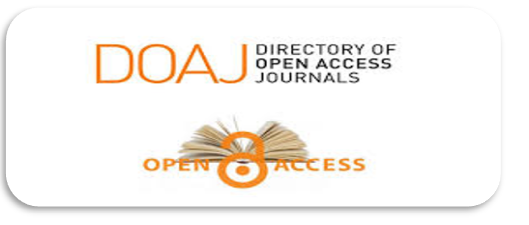Conflict of Interest
A conflict of interest (COI) occurs when an individual’s personal, financial, or professional affiliations could unduly influence or appear to influence their objectivity, integrity, or judgment in relation to the journal’s operations. Such conflicts may arise from:
-
Personal or professional relationships with individuals involved in the manuscript.
-
Financial interests such as funding, employment, consultancies, stock ownership, honoraria, or paid expert testimony.
-
Institutional affiliations that may benefit from the outcomes of the publication.
Authors’ Responsibilities
-
All authors must disclose any financial or non-financial relationships that could be perceived to bias their work at the time of submission.
-
If the manuscript is funded by any organization or company, this must be clearly stated.
-
Authors are required to include a “Conflict of Interest” statement in their manuscript. If no conflicts exist, they should declare: “The authors declare no conflict of interest.”
Reviewers’ Responsibilities
-
Reviewers must disclose any potential conflicts of interest before accepting a manuscript for review.
-
If a reviewer feels they cannot provide an objective review due to a conflict, they should decline the review invitation.
-
Reviewers should not use knowledge of the work they review for personal or professional gain.
Editors’ and Editorial Board Members’ Responsibilities
-
Editors and editorial board members must recuse themselves from handling manuscripts in which they have a conflict of interest.
-
If a conflict arises after a manuscript is submitted or accepted, it must be promptly disclosed to the Editor-in-Chief.
-
Editorial decisions must be based solely on the manuscript’s academic merit, free from any undue influence.
Management and Transparency
All disclosed conflicts will be evaluated by the editorial team, and appropriate measures will be taken to ensure transparency and fairness in the review and publication process. In some cases, the journal may decide to include a statement of disclosed conflicts in the published article.
Failure to disclose a conflict of interest may result in rejection of the manuscript or retraction of a published article.
Policy Review
This policy is reviewed periodically to ensure alignment with best practices in scholarly publishing.





